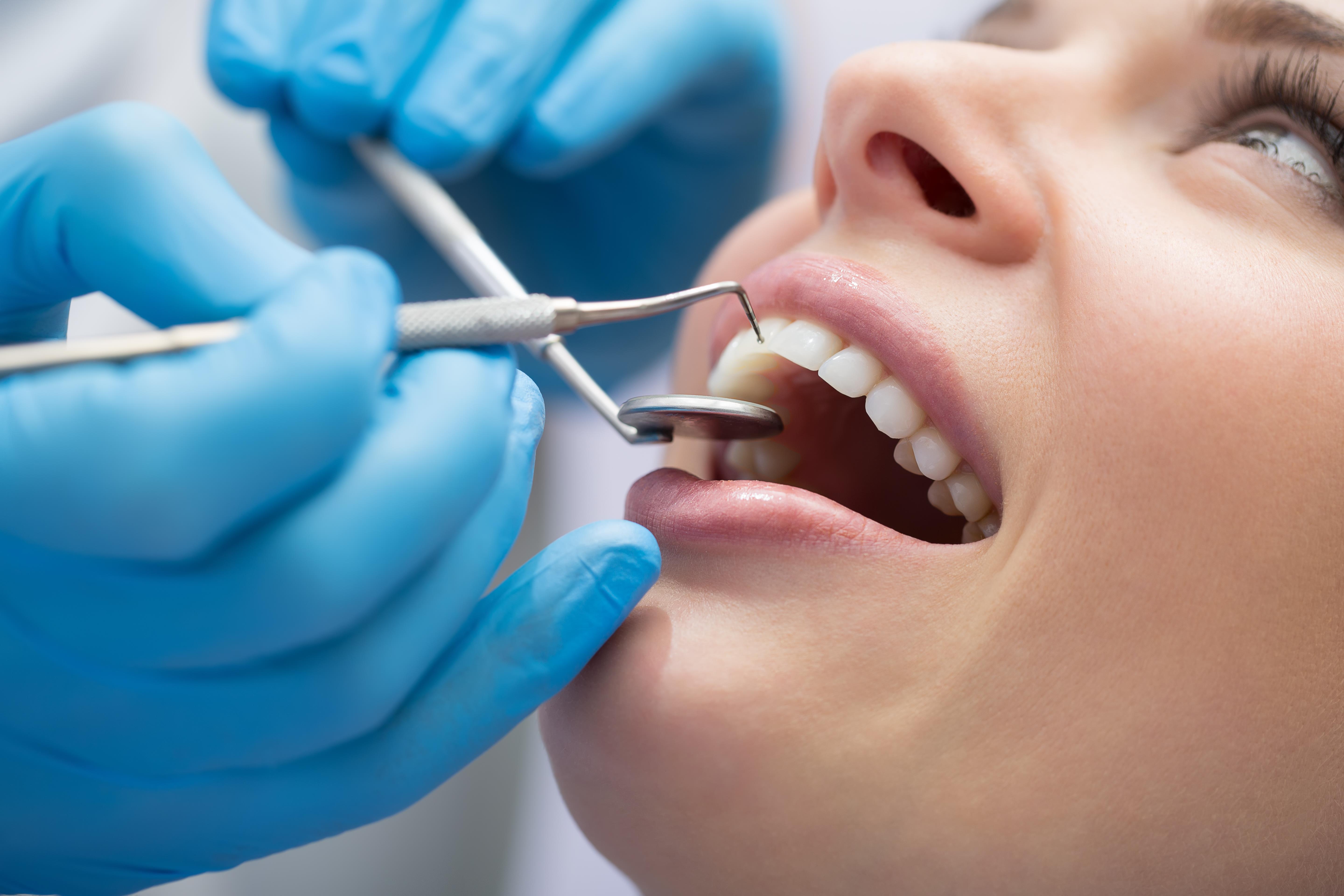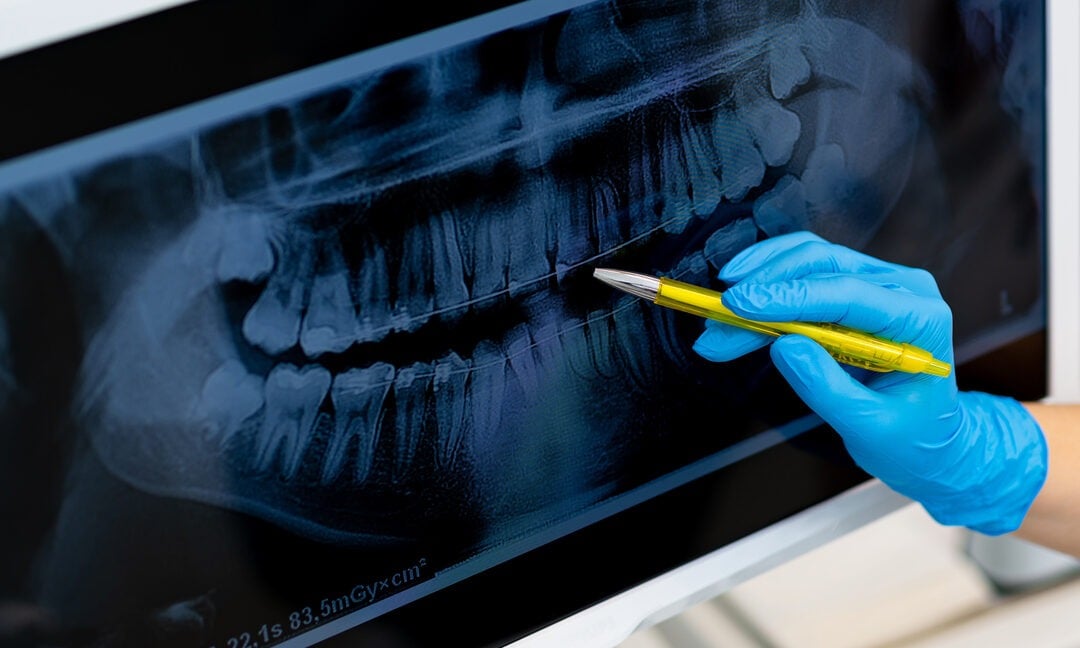Find Out About Constant Oral Worries Your Dentist Can Deal With
Comprehending regular dental concerns is essential for maintaining optimal dental wellness. Concerns such as cavities, periodontal illness, tooth sensitivity, foul breath, and dental cavity are common yet often overlooked till they come to be serious. Dentists have the experience to detect and treat these conditions, therefore protecting against additional problems. Regular oral check outs and personalized treatment plans can address these issues successfully, making certain a healthier and brighter smile. What certain treatments do dental practitioners utilize to combat these problems, and how can early treatment make a distinction? The response to these questions use valuable understandings into securing your oral health and wellness.
Cavities
Dental caries, likewise called tooth decays, are a widespread dental health concern triggered by the demineralization of tooth enamel due to acid manufacturing from bacterial plaque. This procedure begins when microorganisms in the mouth metabolize sugars and starches from food, producing acids that deteriorate the enamel. If not resolved quickly, this disintegration can permeate much deeper into the tooth, influencing the dentin and ultimately the pulp, possibly resulting in extreme pain and infection.
The very early stages of dental caries formation usually present as white places on the tooth surface, suggesting first demineralization. As the process proceeds, these spots can become black or brownish sores, representing extra comprehensive degeneration. Regular dental examinations are crucial for early discovery, as cavities in their inceptive phases can be treated with remineralization techniques, such as fluoride treatments.
When a dental caries has developed, corrective treatment is necessary. Dentists normally remove the decayed part of the tooth and fill up the dental caries with materials such as composite resin, amalgam, or ceramic. In much more serious situations, a crown or origin canal therapy might be called for. Preventive measures, including great dental health techniques and nutritional modifications, play a pivotal role in reducing the danger of tooth cavities.
Periodontal Illness
While cavities stand for a substantial problem for dental health and wellness, one more important problem that demands attention is gum tissue illness. Recognized as gum illness, gum condition is an inflammatory problem affecting the cells bordering and supporting the teeth. It is largely triggered by the accumulation of plaque-- a sticky movie of germs that bases on teeth.
Gum tissue illness progresses via phases, beginning with gingivitis, identified by inflammation, swelling, and hemorrhaging gum tissues (dentist eugene oregon). If left untreated, gingivitis can intensify to periodontitis, where the inner layer of the gum tissue and bone pull away from the teeth, creating pockets that end up being contaminated. Gradually, the toxic substances produced by the bacteria damage down the bone and connective cells that hold teeth in location, possibly leading to tooth loss
Early detection and therapy are vital. Professional oral cleanings and enhanced dental hygiene methods, such as brushing twice day-to-day and flossing, can manage gingivitis. For even more innovative stages, treatments might include scaling and origin planing, antibiotics, and even medical treatments.
Routine dental examinations play a crucial role in managing and stopping gum tissue disease. Dental practitioners can determine early indications and recommend ideal interventions, making certain the upkeep of healthy and balanced gums and overall oral health.
Tooth Sensitivity
Tooth sensitivity influences millions of people worldwide, providing an usual yet commonly traumatic dental problem. This condition develops when the enamel, the outermost protective layer of the teeth, is compromised, revealing the underlying dentin.
Numerous variables add to enamel disintegration and subsequent tooth sensitivity, consisting of hostile brushing, acidic foods and beverages, periodontal economic downturn, and bruxism (teeth grinding) Furthermore, dental treatments such as teeth whitening can temporarily enhance level of sensitivity.
Foul-smelling Breath
One more common dental issue that impacts people' day-to-day lives is negative breath, clinically labelled bad breath. Halitosis frequently stems from inadequate dental health, which allows food fragments to continue to be in the mouth, fostering bacterial development.

Suggestions might entail improving dental hygiene methods, such as regular brushing and flossing, making use of anti-bacterial mouth washes, remaining hydrated, and resolving any kind of oral problems. Efficient management of halitosis not just boosts oral wellness however additionally dramatically boosts high quality of life.
Tooth Decay

Stopping dental caries involves a combination of good oral hygiene methods and routine oral exams. Cleaning teeth at the very least two times daily with fluoride toothpaste, flossing to eliminate plaque between teeth, and limiting the intake of sugary foods and browse this site beverages are important safety nets. Fluoride treatments, dental sealers, and expert cleansings offered by a dentist can also play a substantial function in strengthening enamel and avoiding degeneration.
Dental experts can remove decayed cells and bring back the tooth with fillings made from products such as composite material, amalgam, or porcelain. By dealing with tooth decay promptly, dental practitioners aid protect oral structure and feature, guaranteeing lasting oral wellness.
Verdict
Attending to common oral problems such as cavities, gum condition, tooth level of sensitivity, foul breath, and tooth degeneration is critical for maintaining optimum oral health and general health. Dental practitioners possess the experience to diagnose and deal with these problems successfully, making sure tailored look after each client. Routine preventative procedures and oral exams are necessary in determining and managing these issues early, advertising a much healthier and extra positive smile over a life time.

Tooth decay, also recognized as oral caries, takes place when the enamel, the outermost layer of the tooth, is eroded by acids generated by microorganisms in the mouth. Brushing teeth at the very least two times daily with fluoride tooth paste, flossing to get rid of plaque in between teeth, and limiting the intake of sweet foods and beverages are necessary preventive actions.Addressing common oral worries such as cavities, periodontal condition, tooth sensitivity, poor breath, and tooth degeneration Visit Website is crucial for keeping optimal dental wellness and general wellness.